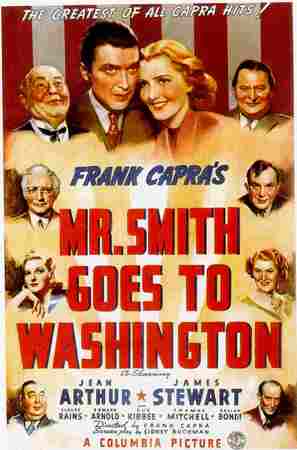In response to my complaints that Hillary won the popular vote even while losing the Electoral College, my friends who are (ahem) perhaps more faithful to the Constitution as written point out — correctly — that the Constitution has a number of “countermajoritarian” features, that the American government was designed as a republic instead of a straight democracy in order to ensure the majority couldn’t tyrannize the minority.
In fact, they say, the Electoral College is an important one of these countermajoritarian features because it gives individual states more of a role in selecting the executive, instead of leaving it a straight-up popularity contest.
There’s pretty strong evidence, though, the Founders didn’t intend the popular vote losers to regularly win office. One feature of the old — failed — Articles of Confederation is required a supermajority (nine of the 13 states) to pass legislation. Which meant a single state, or a small minority of states, could muck things up.
That requirement appears nowhere in the Constitution. And the authors of that Constitution resisted calls to give each state the exact same representation in Congress because they thought such a move would be too countermajoritarian. Here’s Alexander Hamilton, writing in Federalist No. 22:
Every idea of proportion and every rule of fair representation conspire to condemn a principle, which gives to Rhode Island an equal weight in the scale of power with Massachusetts, or Connecticut, or New York; and to Deleware an equal voice in the national deliberations with Pennsylvania, or Virginia, or North Carolina. Its operation contradicts the fundamental maxim of republican government, which requires that the sense of the majority should prevail. Sophistry may reply, that sovereigns are equal, and that a majority of the votes of the States will be a majority of confederated America. But this kind of logical legerdemain will never counteract the plain suggestions of justice and common-sense. It may happen that this majority of States is a small minority of the people of America; and two thirds of the people of America could not long be persuaded, upon the credit of artificial distinctions and syllogistic subtleties, to submit their interests to the management and disposal of one third. The larger States would after a while revolt from the idea of receiving the law from the smaller.
Which, ahem:
This election was not precisely what Hamilton was writing about. But jeepers, it’s kind of on point, no? The Founders were countermajoritarian, perhaps, but not that countermajoritarian. In fact, they saw some danger to the republic in such features.
Similarly, James Madison wrote in Federalist 58, warning against a requirement that Congress need a quorum to pass laws — saying it gave the minority too much power over the majority. And at the end of the day, the majority is supposed to win, right?
Why wouldn’t we apply this logic to the presidential election?
In all cases where justice or the general good might require new laws to be passed, or active measures to be pursued, the fundamental principle of free government would be reversed. It would be no longer the majority that would rule: the power would be transferred to the minority. Were the defensive privilege limited to particular cases, an interested minority might take advantage of it to screen themselves from equitable sacrifices to the general weal, or, in particular emergencies, to extort unreasonable indulgences.
You may point out that Hillary, while winning a greater number of popular votes, did not win a majority. I say fine! Let’s dump Gary Johnson and Jill Stein from the ballot and have a runoff election!
Or there are other answers. “Countermajoritarian” features have their place in our governance, but it’s a limited place. If a minority of voters can routinely win the presidential election, trouble is probably stewing. I’ll get in trouble with my conservative friends for saying this, but the Constitution, as it currently works, is clearly defective. Let’s fix it.
Or there are other answers. “Countermajoritarian” features have their place in our governance, but it’s a limited place. If a minority of voters can routinely win the presidential election, trouble is probably stewing. I’ll get in trouble with my conservative friends for saying this, but the Constitution, as it currently works, is clearly defective. Let’s fix it.





